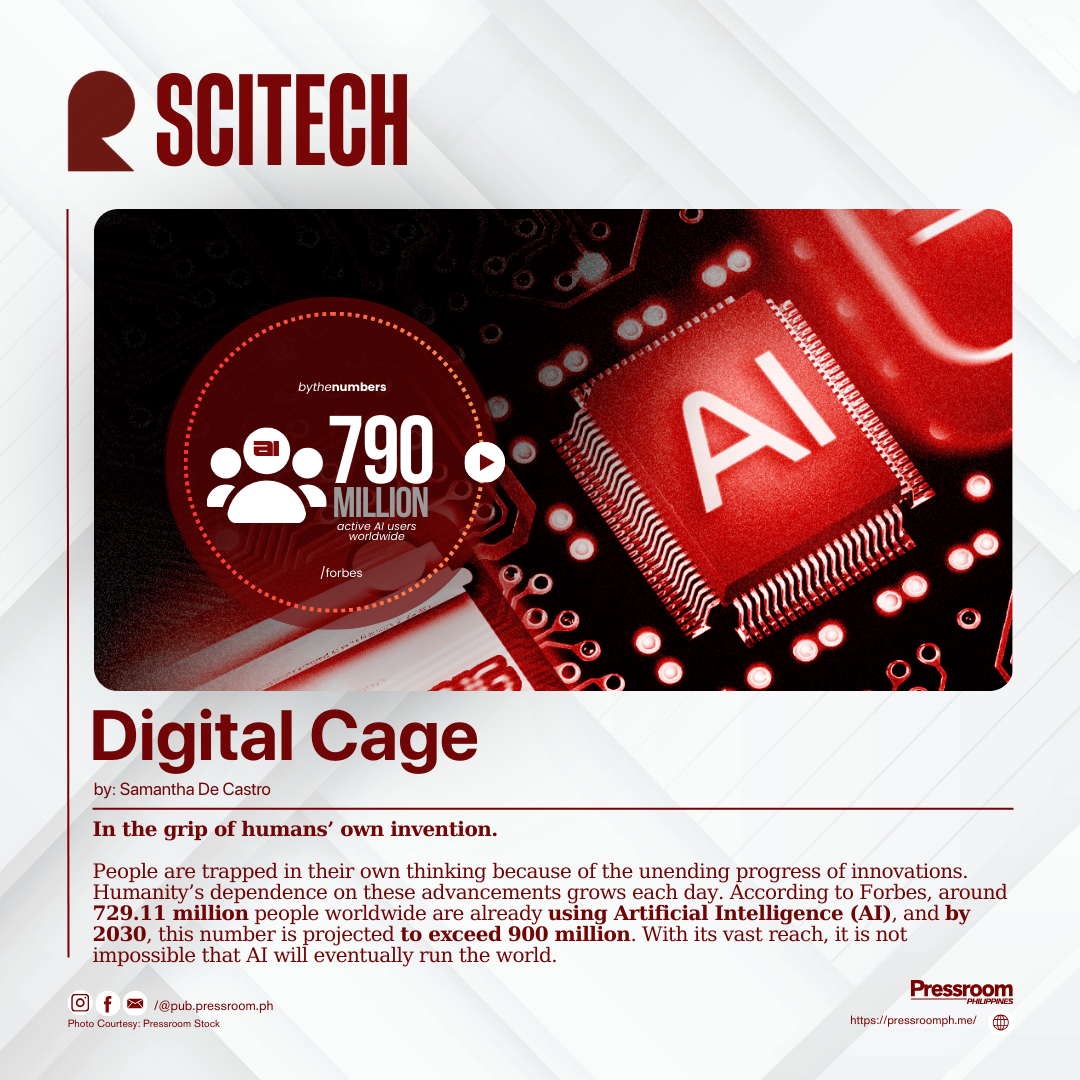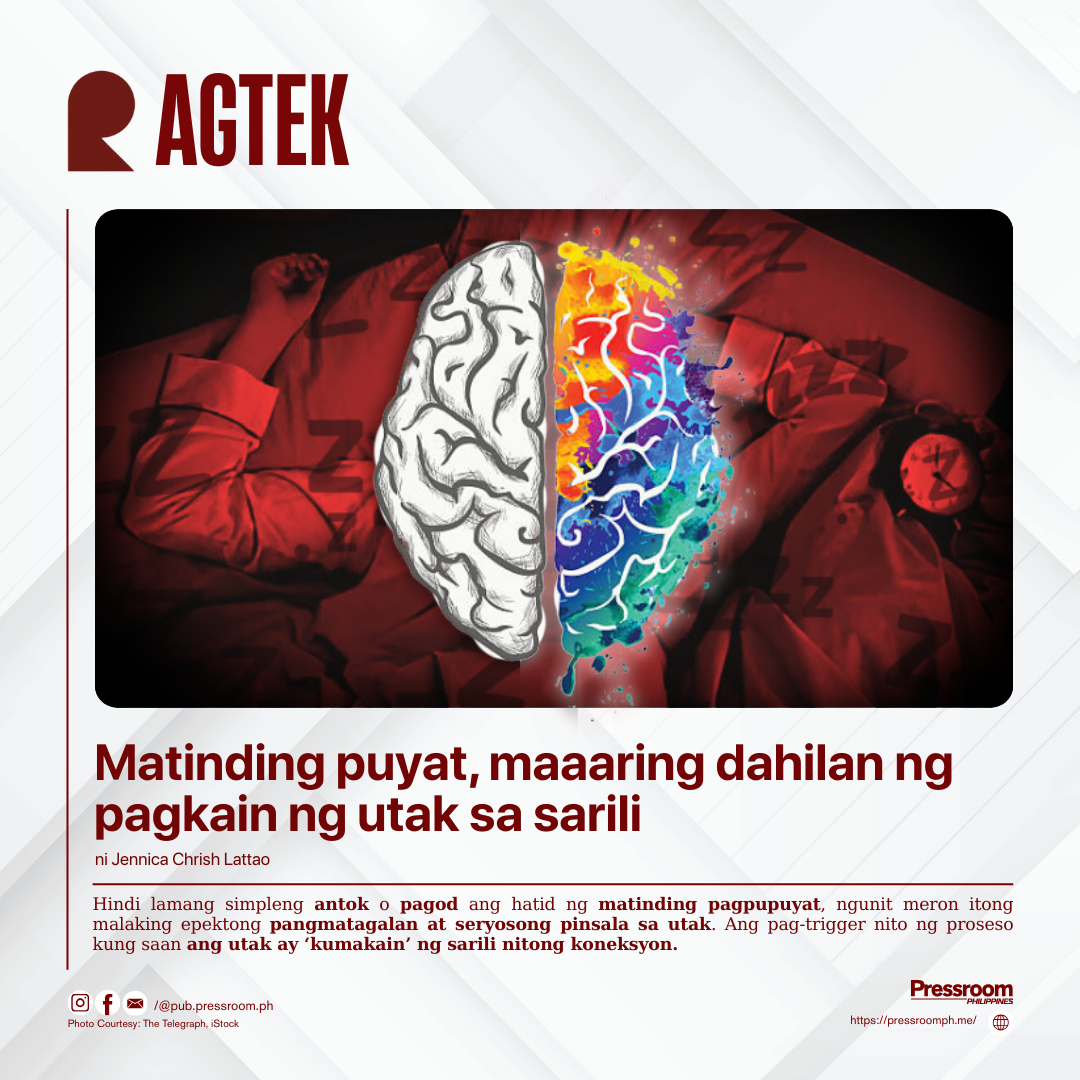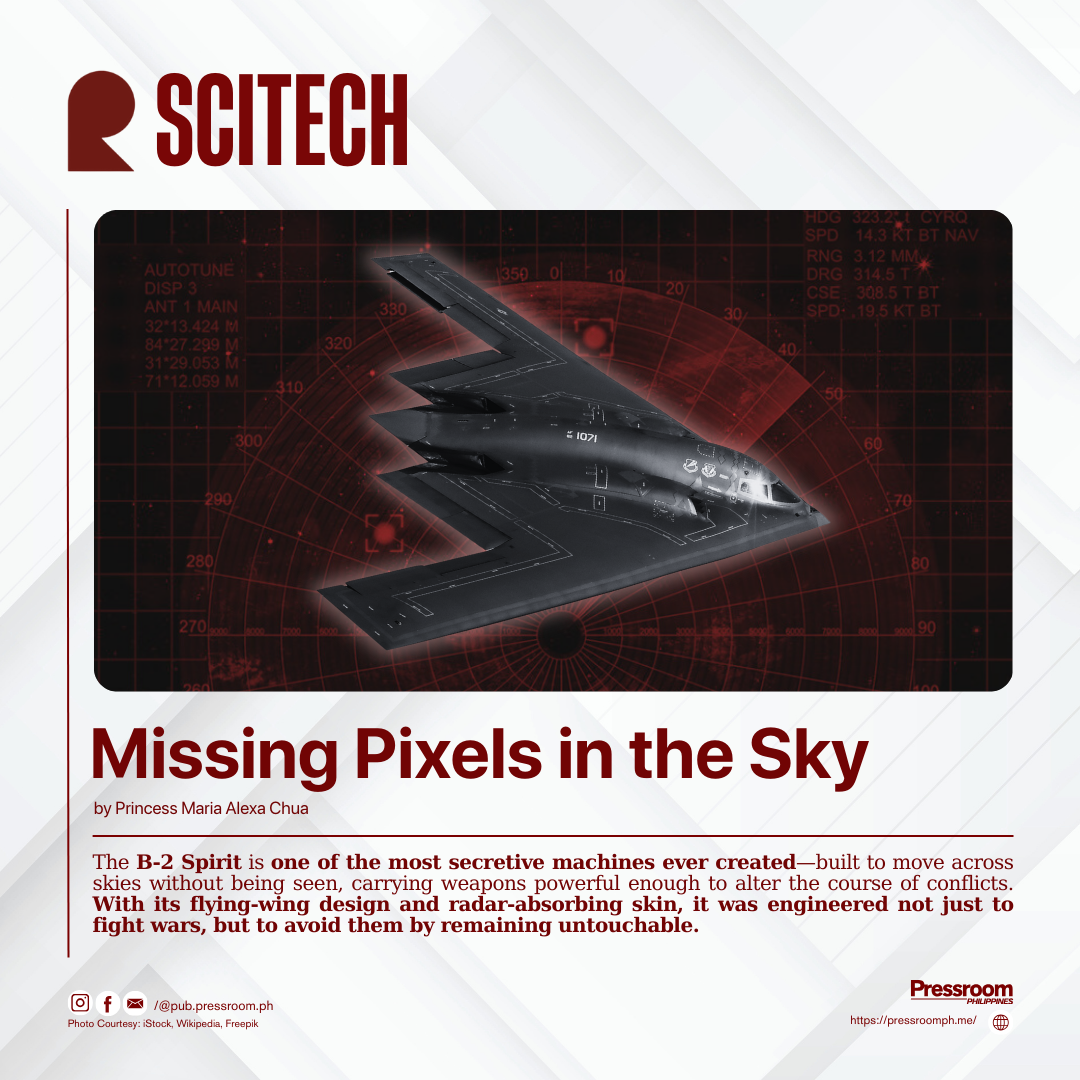In the grip of humans’ own invention.
People are trapped in their own thinking because of the unending progress of innovations. Humanity’s dependence on these advancements grows each day. According to Forbes, around 729.11 million people worldwide are already using Artificial Intelligence (AI), and by 2030, this number is projected to exceed 900 million. With its vast reach, it is not impossible that AI will eventually run the world.
The New York Post describes AI as a kind of machine capable of processing and absorbing various information about anything. It can also make decisions and create outputs based on human commands. In the Philippines, AI is already widespread and used in multiple ways.
The Department of Science and Technology (DOST) has recently adopted innovations in AI to aid the Philippine Atmospheric, Geophysical, and Astronomical Services Administration (PAGASA). AI satellites are designed to provide more accurate and timely weather information—cutting reporting time from every three hours to just every 15 minutes. However, since this technology is still under study, its reliability remains uncertain.
AI has already become a part of everyday life. In fact, in just a single year, over 150,000 Filipinos are active users every hour, according to Statista. By the early 2000s, the global race for AI creation was already evident, and even though the Philippines is among the developing nations, the use and spread of AI did not stop. Alongside its benefits, however, are serious negative effects, particularly on the youth.
It cannot be denied that AI is a great help in solving many of society’s problems. Yet, if we look at the other side, it can also affect human health—especially among children. According to the World Health Organization (WHO), there has been a 4.71% rise in autism cases among children aged 2-3, partly linked to early exposure to gadgets that emit ultraviolet radiation, which increases risks of illness.
“As you make your queries, as you engage with AI, you will be sharing information—you will be sharing data. You have to be careful with the details you reveal,” a warning by the Department of Information and Communications Technology (DICT) Secretary John Uy. The growing obsession with AI may lead to dangers in personal security for its users.
Indeed, AI satellites make data collection faster, but the risks are heavy. The cost of such projects is staggering—upwards of P50 million—without even counting the other equipment needed. Worse, since AI systems gather enormous amounts of data, they can expose the nation to security threats. These satellites may be exploited as tools to monitor and even infiltrate our own country.
This is the danger when society leans too heavily on technology. While AI offers tremendous assistance across fields, its negative impacts on health and security remain weightier. Dependence breeds complacency, perhaps even laziness, as people allow machines to do everything for them.
Think freely. Do not depend entirely on technology.






